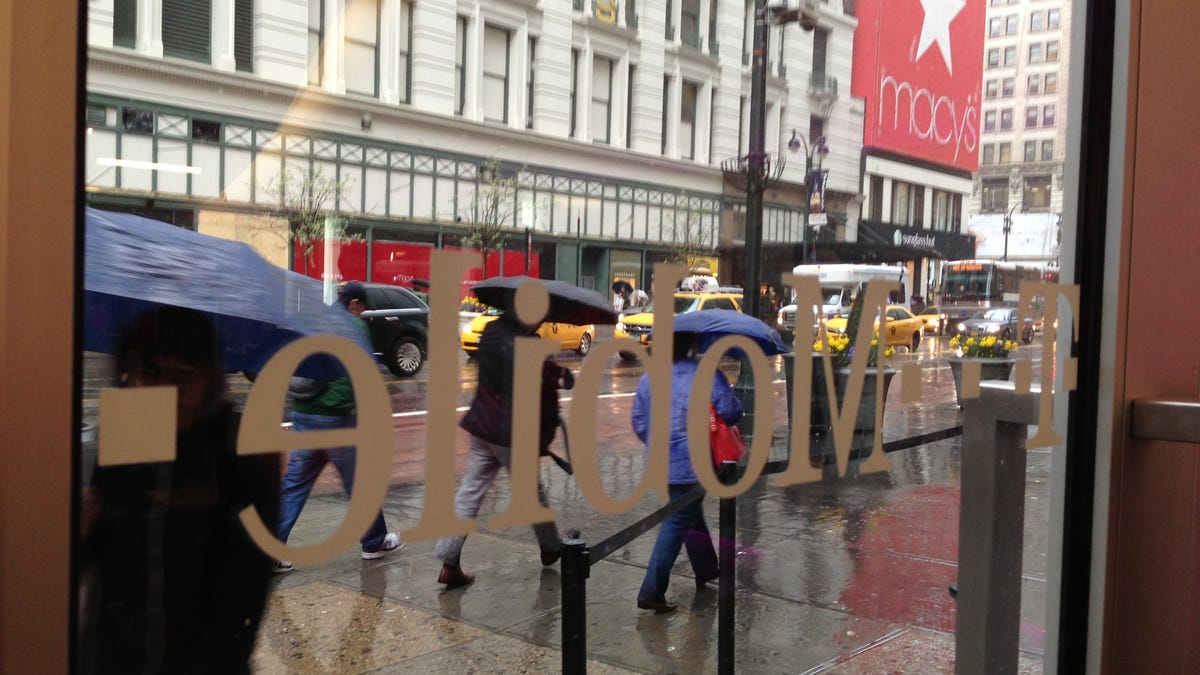T-Mobile forks over $308M for U.S. Cellular spectrum
The deal will boost the carrier's 4G LTE footprint in areas such as St. Louis, New Orleans, and Nashville, Tenn.

The wireless carrier has signed a deal to pay $308 million in cash for U.S. Cellular spectrum to expand its footprint in the Mississippi River Valley region, T-Mobile said Friday. Specifically, T-Mobile said it will buy 10MHz of Advanced Wireless Services (AWS) spectrum that covers 32 million people in 29 markets, including St. Louis; Nashville and Memphis, Tenn.; Kansas City; Lexington and Louisville, Ky.; Little Rock-North Little Rock, Ark.; Birmingham, Ala.; and New Orleans.
The company noted the additional spectrum will allow T-Mobile to incrementally roll out its 4G LTE network coverage to new markets and will expand the existing 4G LTE bandwidth in the region.
"In today's marketplace, spectrum is gold," T-Mobile CEO John Legere said in a statement. "This is a rare opportunity to secure precious AWS spectrum in key markets that will immediately be put to use by both T-Mobile and MetroPCS customers."U.S. Cellular, meanwhile, said it will partition and retain a portion of the licenses covering its markets in Knoxville and eastern Tennessee to meet future operating needs. The company also noted that since selling spectrum to Sprint in May, it has been looking for opportunities to sell other non-strategic assets.
"We're pleased to have achieved significant value for this spectrum license, as we continue to evaluate opportunities to create additional value for our shareholders," U.S. Cellular CEO Kenneth Meyers said in a statement.
The deal is subject to regulatory approval and is expected to close by the end of the year.
U.S. carriers have constantly sought out new sources of spectrum to avoid what they say will be an eventual shortage in the market. It's key for carriers to have enough of the wireless frequency in order to build out their 4G networks and meet the rising demand for data services on smartphones and other mobile devices. AT&T launched its $39 billion bid to buy T-Mobile in 2011 in part to gain its spectrum. Since that deal fell apart, the two companies -- and rivals Verizon Wireless and Sprint -- have bought spectrum from other areas.
T-Mobile is the last major U.S. carrier to introduce LTE, due to a spectrum crunch that left it nowhere to build out LTE without cannibalizing its 3G-based network. The company swapped spectrum with Verizon and recently purchased MetroPCS to expand its reach and better compete.
A T-Mobile spokesman said that while the U.S. Cellular spectrum "will help to facilitate T-Mobile's LTE deployment in the markets at issue for the benefit of T-Mobile's (and MetroPCS's customers), T-Mobile still requires additional spectrum -- in particular low-band spectrum -- to continue to meet customer demand and compete effectively against AT&T and Verizon."

